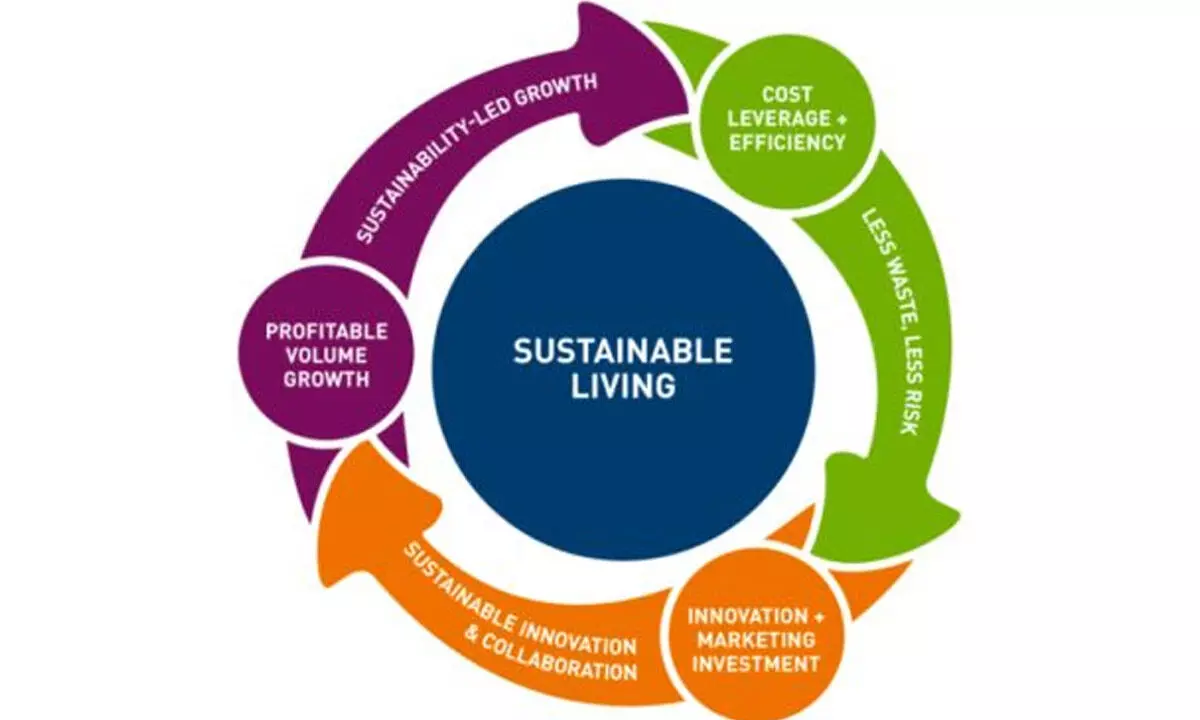Introducing social emotional learning in schools

Introducing social emotional learning in schools
New learnings are possible if past information and experiences are used effectively as a stimulus
New learnings are possible if past information and experiences are used effectively as a stimulus. Advanced studies in neuroscience and educational psychology have highlighted the link between emotion and cognizance in learning. It implies that meeting students' social and psychological needs is not only vital for their health, but also crucial for academic achievements.
Social emotional learning (SEL) refers to the perspectives, talents, behaviors, and values that assist students in succeeding not just in school, but also career-wise. Supporting these concepts prompts higher scholarly accomplishment and a better feeling of prosperity, according to research: in fact, there is proof that SEL is a stronger determinant, rather than academic scores, of future success.
The five social emotional learning competencies
l Self-awareness entails evaluating your feelings and how they shape your conduct, as well as analyzing your abilities and weaknesses in order to acquire certainty in your talents.
l Self-management is the ability to regulate and own your ideas, emotions, and behaviors in a variety of settings, as well as plan and work toward objectives.
l Social awareness is the capacity to put oneself in the shoes of someone who comes from a different and distinct cultural upbringing than you.
l Relationship skills is the capacity to form and sustain positive connections with individuals from multicultural heritages. This ability emphasizes on being able to engage and relate to people, resolving disputes amicably, and understanding when to seek for or provide assistance.
l Making responsible decisions is about deciding how to behave or react to a situation based on acquired habits such as morals, security, evaluating repercussions, and considering the wishes of others as well as oneself.
How to enable SEL in the classroom
l Form a workgroup: When making judgments, it's beneficial to consider multiple views. It also shows social consciousness.
l Goal-setting: Set SEL goals that are in line with the school's goals.
l Create a process for gathering feedback and data: Establish how to accumulate data to track your progress toward your objectives. Finally, in order to create synergy around your SEL objective, you will want to interact with and excite the children.
l Create a process for teaching SEL: Decide what SEL teaching looks like for you. You must decide which skills to emphasize and if you will be using a pre-written syllabus or create your own SEL lesson plans.
l Preparation for teachers: Gather your coworkers and create a buzz! You could perhaps start with a small trial to demonstrate the effectiveness of a SEL model, or give a proficient educational session for the entire school to implement your strategy.
l Practice: Students must engage in SEL activities in order to apply what they have learned and give feedback.
l Review: Schedule time with your SEL team and school administrators to discuss your efforts and the data you've gathered. Be receptive to suggestions and data. When required, little adjustments to your SEL practices will result in greater results for your students.
SEL fun ideas:
l Begin the day with a check-in to encourage kids to express how they planned to begin their day.
l Allow pupils to keep track of their own development to foster self-awareness.
l Locate a relaxing area for the kids to govern their own behavior.
l Encourage collaboration so that you may practice forming relationships.
l Conclude the workday with a check-out so they may reflect on their days and see if they achieved their own objectives.
Social Emotional Learning establishes substantial increases in social competence, perceptions, conduct, and educational achievement, with an 11-percentile-point performance improvement. Strengthening kids' social-emotional competency is also a crucial component for prevention of bullying (or handling).
(The author is the Senior Principal, Orchids -The International School Thane Mumbai)










